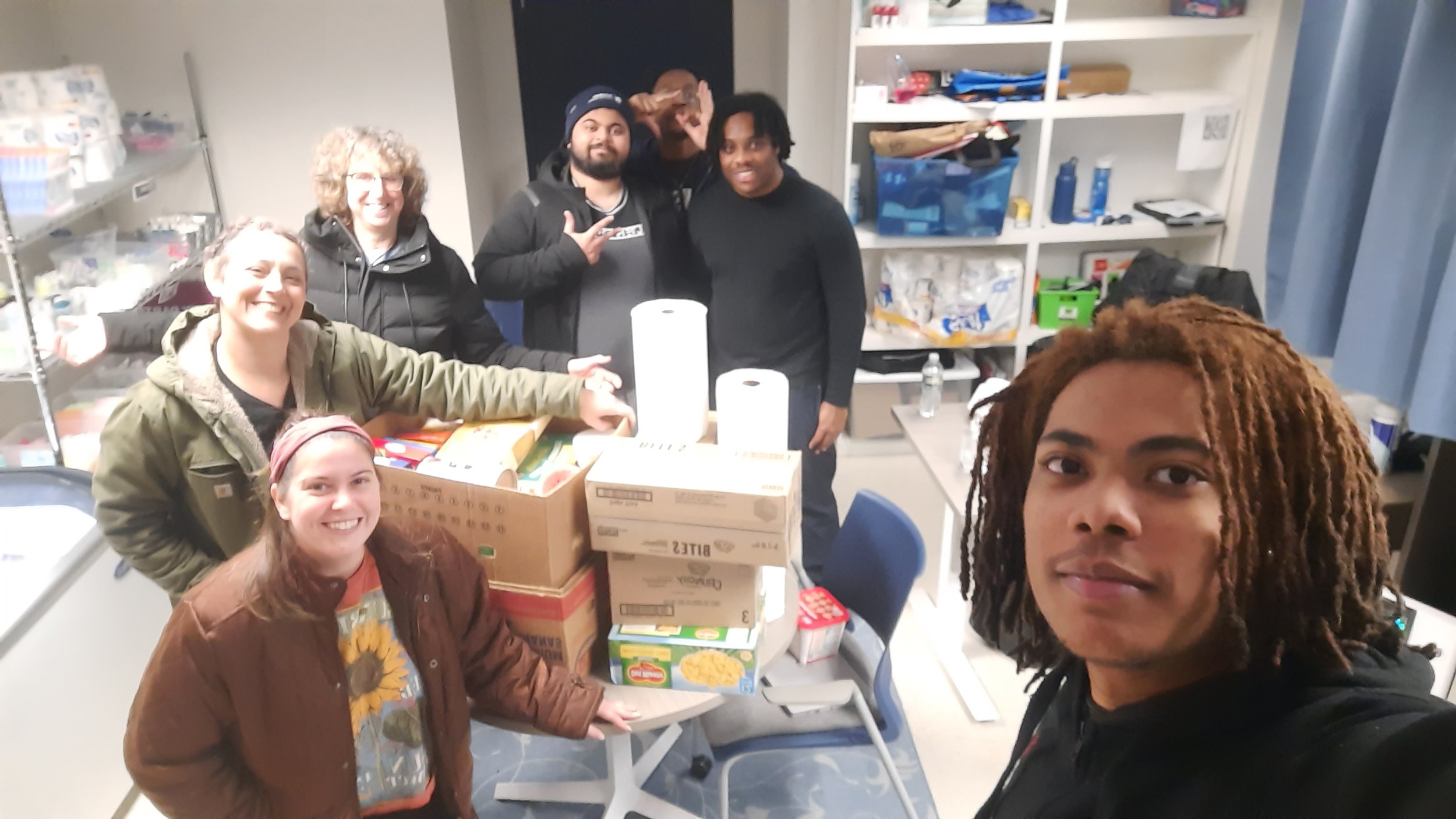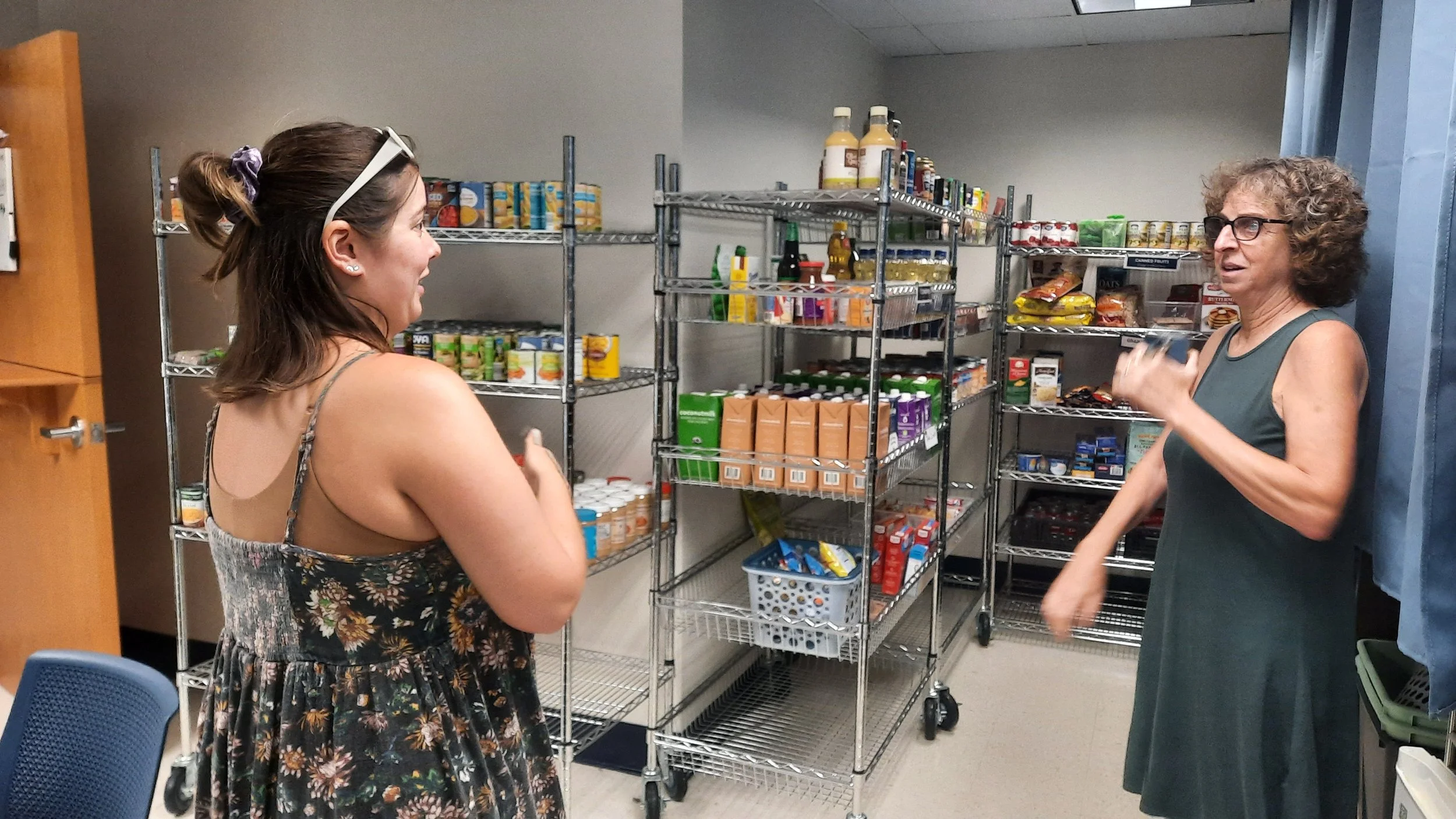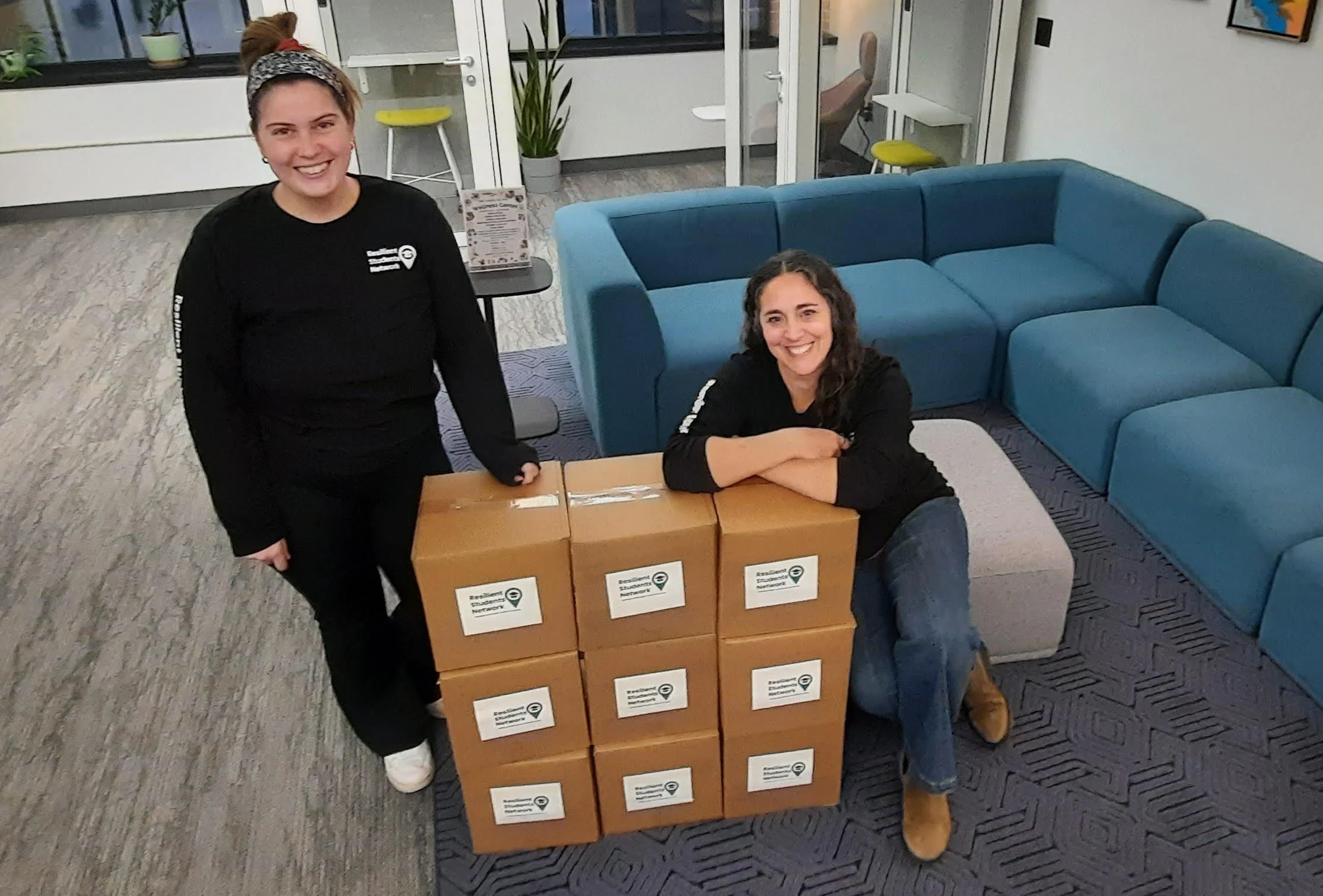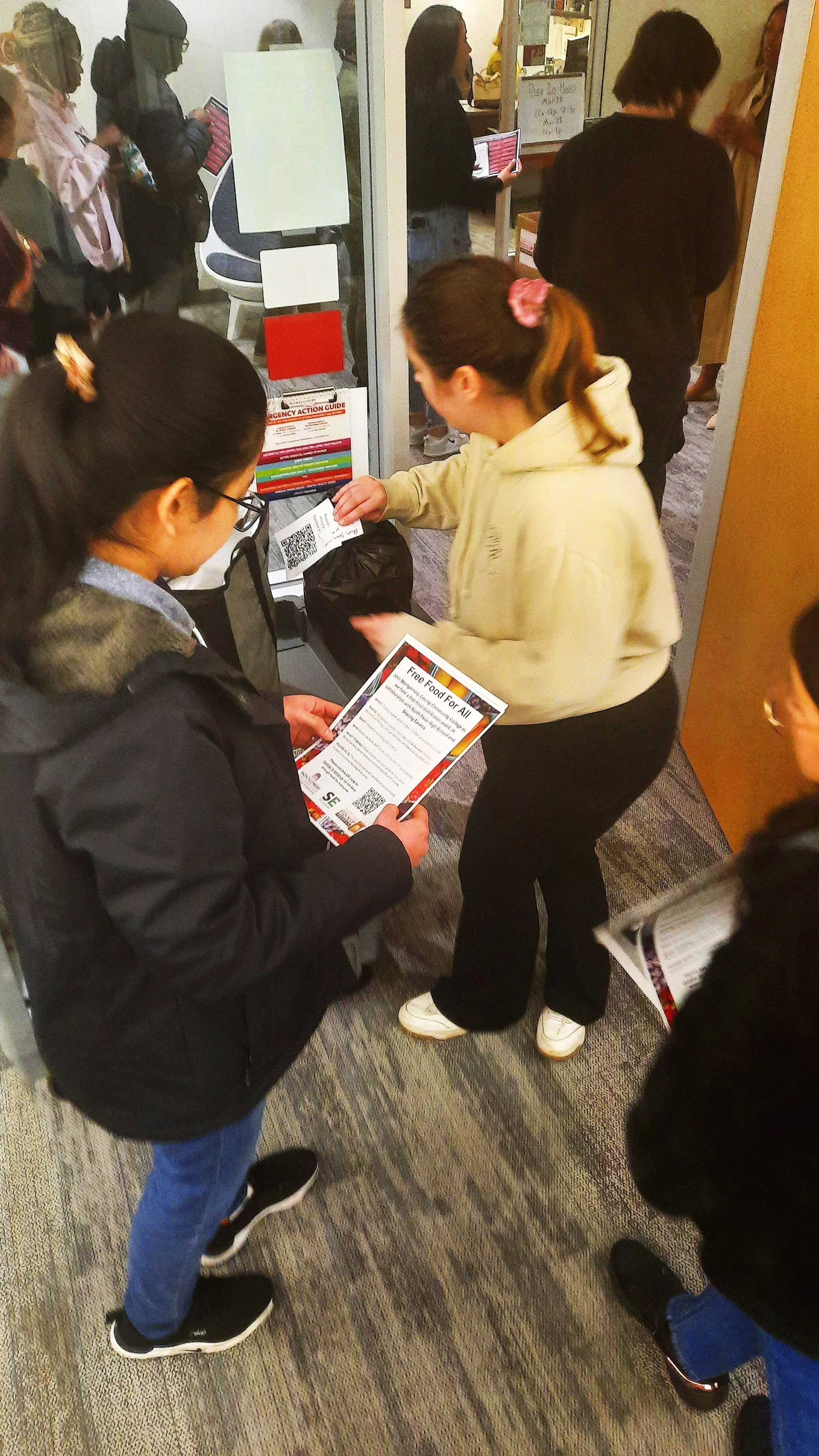
About Us
RSN supports low-income higher education students in the Montgomery County, Pennsylvania region with basic needs support, including food distribution, emergency rental assistance, other non-housing financial assistance, and access to resources and referrals. We are active with other regional nonprofits working to raise awareness of housing affordability and mental health access. We take part in and rely heavily on research focused on understanding the basic needs insecurity of college and trade school students nationally and regionally.
Our Mission
Our mission is to help under-resourced college and trade students meet basic needs to reach their academic goals and improve life outcomes.
Our Vision
By 2030, there will be a sustainable path for all under-resourced Montgomery County students to achieve their higher education goals.
Our Values
Dignity: respect for every student
Empathy: Understanding from the student’s perspective
Empowerment: Encouragement of long-term student success
Collaboration: value creation through partnerships
Outcomes Oriented: recognizing the value of research to improve programs
Our Story
Formed in 2019, RSN was created in response to two years of preceding research conducted to establish the scope of food and housing insecurity among Montgomery County, Pennsylvania students at local campuses. Since then, we have developed a consortium of partners who help to lead the collaborative effort.
As the Commonwealth faces critical workforce shortages in key sectors like education, healthcare, and manufacturing, RSN stands at the intersection of opportunity and access. We address the essential needs like food, housing, transportation, and emotional support—that make higher education truly attainable. By providing practical assistance and cultivating a culture of belonging, RSN helps students persist, graduate, and step into careers that strengthen their families and communities.
Nationwide, higher education students are facing a significant basic needs crisis, with 44% unable to afford balanced meals, 42% reporting housing insecurity, and 43% experiencing generalized anxiety disorder often due to these insecurities (Trellis Strategies, 2024). By 2031, 72% of all living-wage jobs will require some form of education and training beyond high school, and many of them simply cannot afford it. (After Everything Report, Georgetown University 2023)
The doorway into many higher-paid, skilled labor workspaces begins with education, so it is incumbent upon us to open pathways for the under-resourced students RSN helps, many of whom come from historically marginalized communities and are Black and other people of color, first-generation U.S. students, students with children, LGBTQIA students, and other groups who have a disproportionately struggled to afford post-secondary education while paying for the basics.
RSN operates on the premise that post-secondary education for low-income students is a pathway to higher-paying jobs that can break the cycle of poverty experienced over time, helping to finally create intergenerational stability and wealth.





